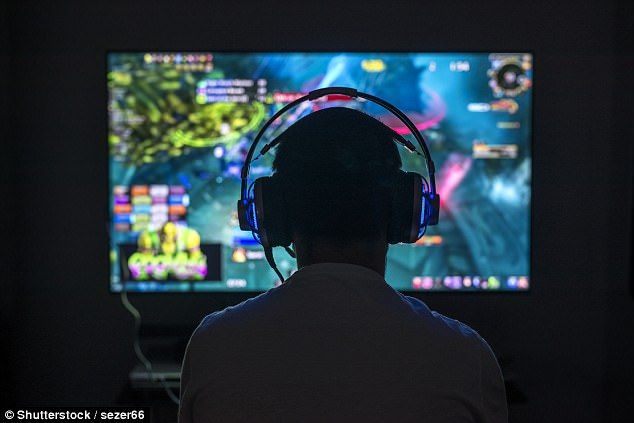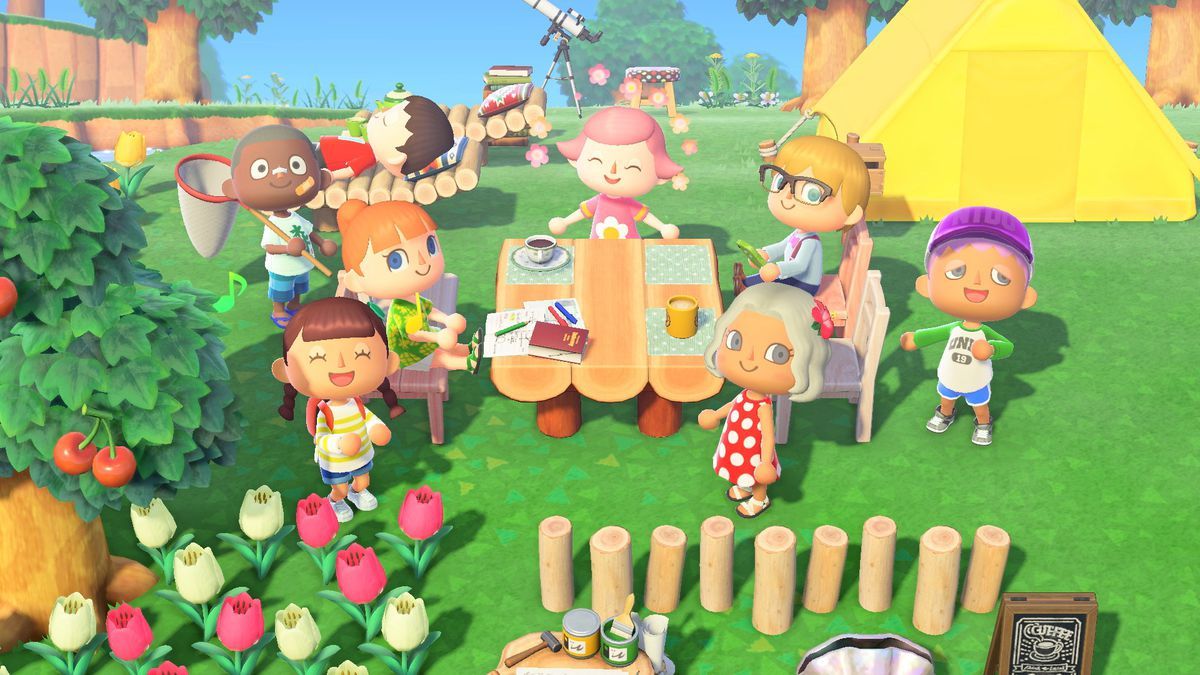As gamers, we have long been bombarded with how video games are bad for your brain and how we should get outside more. Although I agree that even playing games should be taken in moderation, like anything in life, more research has popped up over the recent years that tell us that gaming can actually be good for our general well-being. Since COVID-19 hit the world and most were forced into spending time inside, video games have become even more popular than ever with many reaping the positive benefits that playing games can bring. A new study by Oxford University shows us that video games can actually make you happier and improve your mental health status - like gamers didn't already know this, right?
As initally reported by The Guardian, the study collaborated with the university's board of academics who worked together to show actual gameplay data for the first time. Rather than asking players how much they play, it uses industry data on actual playtime for popular video games like Plants vs Zombies: Battle for Neighborville and Animal Crossing: New Horizons. The study suggests that experiences of competence and social connection with others through play may contribute to people’s wellbeing. Indeed, those who derived enjoyment from playing were more likely to report experiencing positive wellbeing.
On the board of this research is author and Oxford Internet Institute Director of Research Andrew Przybylski who stated that “This is about bringing games into the fold of psychology research that’s not a dumpster fire. This lets us explain and understand games as a leisure activity." Over the course of the study, players spent a few hours with Animal Crossing: New Horizons and Plants vs. Zombies: Battle for Neighborville which left them with a feeling of general happiness. Przybylski did note that this didn't mean it was a "carte blanche pass for games" and that more research was needed due to the previous studies being done poorly. On an uplifting tone, Przybylski said that he is “very confident that if the research goes on, we will learn about the things that we think of as toxic in games and we will have evidence for those things as well."
The study does state that they used Animal Crossing and Plants vs. Zombies, which are all-ages games, and not something with more of an aggressive undertone like Call of Duty or GTA which have been more of a negative target for the media among others. The report also points out that there's also the matter of intrinsic enjoyment, where someone plays games because it's fun; versus extrinsic, where someone is essentially pressured by players or game mechanics.
Przybylski also had opinions on The World Health Organization and also the NHS, critiquing them over their lack of good data “You have really respected, important bodies, like the World Health Organization and the NHS, allocating attention and resources to something that there’s literally no good data on. And it’s shocking to me, the reputational risk that everyone’s taking, given the stakes." Przybylski continued "For them to turn around and be like, ‘hey, this thing that 95% of teenagers do? Yeah, that’s addictive, no, we don’t have any data,’ that makes no sense.”
If you're interested in reading more about how video games can benefit mental health issues, you can head over to this article in which I discuss games that can help and the positivity and rewards a player can receive from playing video games.


